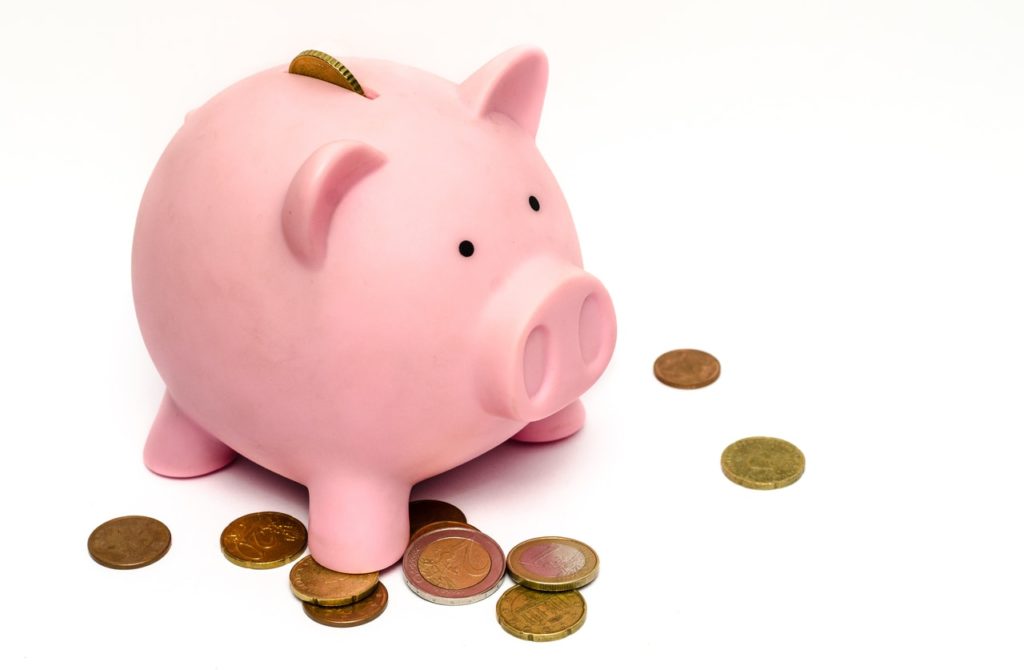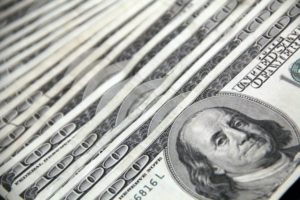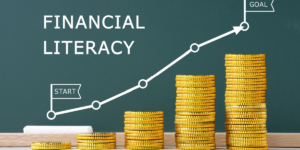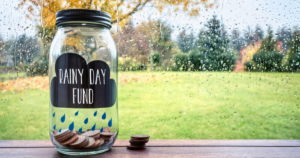Millions of Americans are unemployed. Small businesses are struggling to stay afloat. Many people have already used their $1200 stimulus checks and are still in need of further financial help. The COVID-19 pandemic has caused a serious economic crisis. Though some states are slowly starting to reopen, starting with essential businesses, it may be a while before many consumers recover, especially those whose workplaces have not been deemed essential. If this crisis has taught us anything, it is the importance of being financially prepared for the worst. Here are some of our credit counseling tips on how to prepare for an economic crisis.
Have an emergency fund.
Having an emergency fund is the best way to protect yourself financially during an economic crisis. During a crisis like COVID-19, we have seen businesses shut down, employees laid off or furloughed, and entire industries (e.g. restaurants and entertainment) slow down or halt. Consumers who are out of work are able to apply for unemployment, but sometimes that is not enough to cover their expenses. Even the stimulus check, though helpful for many, was not enough to get consumers through the crisis. This is why an emergency fund is so vitally important.
Think about all of the expenses you have in any given month: rent/mortgage, utilities, groceries, car payments, car insurance, credit card payments, health insurance, etc. Add those expenses up and multiply it by three. That is the amount you should aim to have in your emergency fund. If you have enough to cover about three months’ (or better yet six months’) worth of expenses, the next economic crisis won’t hit you as hard. You won’t have to worry as much about how to afford groceries, rent, or other essentials. You also won’t have to rely so heavily on unemployment checks, which may be smaller than your regular paycheck, or a stimulus check that might barely cover your rent.
Have multiple streams of income.
If you have income from more than one source, even if one of those sources dries up, you’ll still have money coming in. For example, if you have both a full-time job and a side hustle, but you get laid off at your full-time job, you still have your side hustle. Your side hustle might not make as much money as your full-time job, but it’s still income. Examples of popular side hustles during COVID-19 include delivering food and groceries, online tutoring, and freelance work.
Besides the obvious monetary benefit of a side hustle, during times of economic crisis, side hustles also give structure to your day. Side hustles help those who have been laid off feel productive and purposeful. Plus, some of the popular side hustles during COVID-19 have helped the community! Delivering groceries to elderly or immunocompromised people who are unable to go grocery shopping themselves saves lives.
Pay off debt.
Most creditors are deferring payments for consumers who have been financially impacted by COVID-19. This means that they don’t have to make the payments now, but they will later. While this is a temporary relief, it may cause financial strain later when the payments are due. You can avoid this by paying off your debt before an economic crisis hits.
If you struggle to pay off your debt, a nonprofit credit counseling agency can help. These companies negotiate lower interest rates with creditors, and many fees are waived, making for lower payments. At American Consumer Credit Counseling, consumers can expect to pay off their debt in five years or less.
Speak to your financial advisor.
A major concern that many people have during an economic crisis is what to do about their retirement and other investments. When the market takes a downturn, it can be tempting to pull out of the stock market. It can be very discouraging to see how much money you lost. However, before you make any major money moves, you should probably speak to a financial advisor. Making emotional financial decisions in moments of panic can hurt you later, derailing your retirement and long-term investment goals. Don’t forget, if you have an IRA, you cannot take money out without penalty until you are 59 and a half.
Before you do anything with your investments, take a deep breath and talk to your financial advisor. After you get a professional opinion, then you can decide what you want to do.
Know what help is available.
Don’t be ashamed if you need help. Sometimes we can do our best to prepare, and we still get blindsided by an economic crisis. There is always help available, so do your research if you find you need assistance. There are government programs that offer relief, as well as nonprofit and charity organizations. If you have children, their schools most likely offer free meals, which can save you money on food if your financial situation is tight. Do what you can, but don’t be afraid to ask for help when you need it!
Final Thoughts on Preparing for an Economic Crisis
An economic crisis can be a scary and uncertain time, but if you are sufficiently prepared, it will be less stressful. Having an emergency fund, a side hustle, paying down debt, and talking to financial professionals can set you up for success, even in a crisis. We cannot control when tough financial times will happen, but we can control how prepared we are. Stay safe!
If you are struggling to pay off debt, ACCC can help. Schedule a free credit counseling session with us today.







